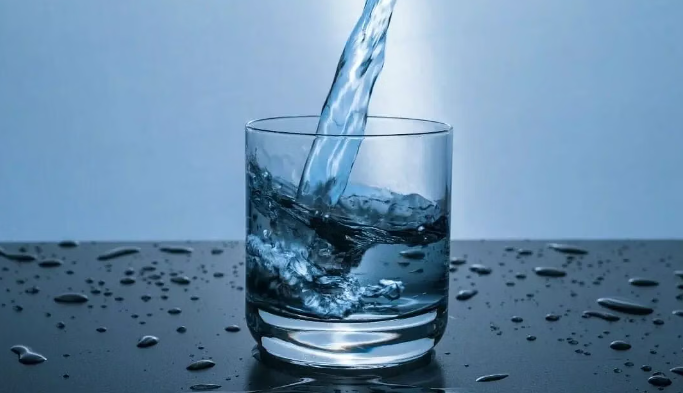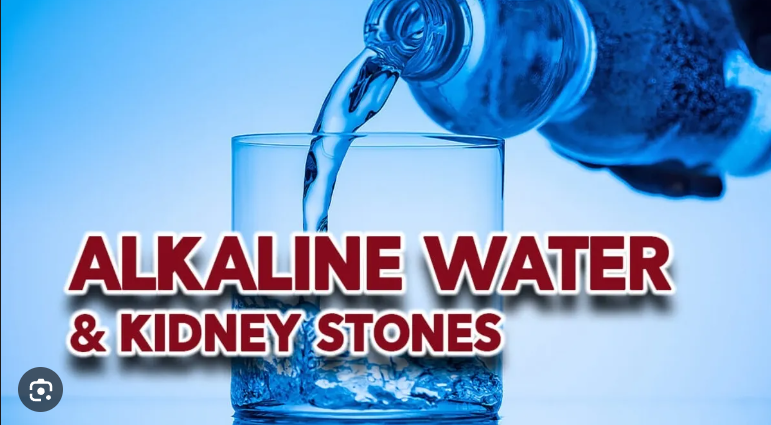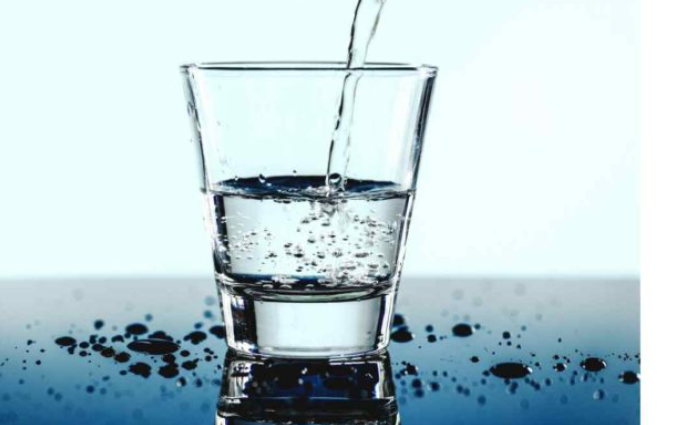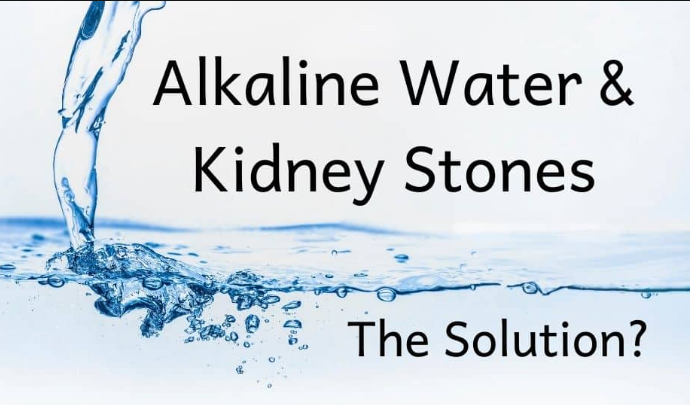According to a recent study, trendy bottled water advertised as “alkaline water” is unlikely to prevent kidney stones in those who already have them.
These products are likely to include less alkali than is needed to modify the urine pH level enough to protect stones from developing, said senior study author Dr. Roshan Patel, a urologist with the University of California, Irvine.
“While alkaline water products have a higher pH than regular water, they have a negligible alkali content, which suggests that they can’t raise urine pH enough to affect the development of kidney and other urinary stones,” Patel stated in a university announcement. The popularity of alkaline water, also known as high-pH water, has grown, according to background notes from researchers.
Also read-Kidney Disease : A Patient’s Guide To Kidney Disease And Its Symptoms

Alkaline Water
Tap water has a typical pH of around 7.5, while alkaline water has a pH in the range of 8 to 10, the researchers said. Raising pH is a key strategy to prevent kidney stones in patients who’ve previously had stones, researchers said. This is typically done through potassium citrate tablets prescribed to patients. But many patients aren’t fond of taking the large pills several times a day, and alkaline water offers an attractive alternative, researchers said. To see whether high-pH water could help, Patel and his colleagues tested five alkaline water products that are on the market. They also reviewed published data on other types of drinks and over-the-counter products that might increase urinary pH.

The five bottled alkaline waters all had similar pH levels, around 10. But at a pH of 10, the tested products would still have an alkali content of just 0.1 milliequivalent per liter (mEq/L). That’s a “trivial” concentration compared to the body’s typical metabolic acid production of 40 to 100 mEq/L per day, Patel says. By contrast, other products available for purchase do have the potential to increase pH.

For example, plain old orange juice – with an alkali content of up to 15 mEq/L – provides the most cost-effective means of reaching a target alkali concentration of 30 mEq per day, researchers said. Another effective, low-cost option is baking soda, although researchers said there are concerns about the sodium in the soda. “Our findings may help to guide the selection of other treatments, including beverages and over-the-counter products, for preventing recurrent urinary stones,” Patel said. The researchers noted that these are lab studies of products, and that clinical trials need to be performed to best test options for increasing urinary pH.

Causes
Chronic kidney disease can result from a number of causes, including:
- Elevated blood pressure. According to the National Kidney Foundation, the main factor contributing to chronic kidney disease is high blood pressure because it can damage blood vessels, which can lower the kidneys’ blood supply. The kidneys’ tiny filters, called glomeruli, are harmed by high blood pressure as well. People with high blood pressure “should be screened regularly for kidney involvement,” according to Rovin.
- Diabetes. Analogously, kidney disease develops as a result of the long-term effects of diabetes on the body. Many internal organs suffer cellular damage when their blood sugar levels are consistently elevated. Particularly vulnerable to this harm, the kidneys may cease to function correctly. Rovin points out that individuals with all forms of diabetes are impacted by the link between diabetes and kidney disease. Individuals diagnosed with either Type 1 or Type 2 diabetes should undergo routine renal function evaluations that include serum chemistries and creatinine measurements to ensure optimal kidney function. According to him, diabetics should routinely check their urine for protein.
- Cancer. Kidney cancer and other cancers that spread to the kidney can cause renal failure. Chemotherapy agents are one type of cancer treatment that can cause kidney damage as a side effect.
- Strep infection. Infection with the strep bacteria, if not properly treated, can lead to a variety of other issues, including inflammation of the kidneys that can impede their function.
- Vasculitis. This condition causes inflammation of the blood vessels. Because the kidneys are highly vascularized, they are sensitive to changes in the health of the vascular system.

Also read-Kidney Stones : Foods To Include In Your Diet To Avoid Renal Conditions Such As Kidney Stones
images source: Google
Disclaimer: The opinions and suggestions expressed in this article are solely those of the individual analysts. These are not the opinions of HNN. For more, please consult with your doctor




































